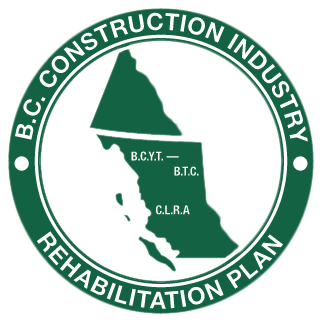What is Containment?
Containment is a term used to describe the techniques clinicians in a mental health and or substance misuse setting use to help their clients to ‘contain’ negative and painful emotions thus preventing those emotions from overwhelming their clients. It’s important to remember however that the purpose of containment is not to ‘stuff’ or ‘bury’ our emotions but to put boundaries around them giving you vital psychological space creating safety for you. Why do I need to learn Containment?
Containment can be a vital skill to learn for anyone that has experienced or witnessed traumatic events, as it stops you from becoming overwhelmed by painful and often extremely intense feelings. Experiencing these intense painful emotions can lead to harmful behaviours such as substance misuse, angry outbursts, and more seriously self harm. Containment can be an important skill to learn to help keep you safe from these intense and very real emotions.
But what if I am asked to tell my story in a clinical setting?
This is a very good question! Often in clinics or hospitals you may be asked very personal and sometimes intrusive questions as clinicians attempt to understand how best they can help you. Sometimes you yourself may be seeking help for your traumatic experience and so are telling your story unsolicited, in either case the retelling of your story can actually ‘trigger’ you, and you begin to experience the intense unpleasant emotions. In this case it’s important to do 2 things:
- Let the clinician know that your emotions are becoming overwhelming and you need to pause, or to stop
- When you begin to tell your story think about whether you can leave out the exact ‘details’ of your story? Ask yourself is it possible to tell your story with a filter? can you tell your story in ‘general’ terms?
How do I learn Containment?
Containment is a skill much like any other, it requires practice. The more you practice ‘containing’ the easier it will become to implement and use it when necessary. Below are examples of some of the types of containment skills you could use. Speak to your counsellor who will help you to come up with your own specific set of containment skills and will also help you in practising them:
- grounding
- breathing exercises
- thought stopping/blocking
- ‘dual awareness’ exercises
- guided meditation
- relaxation skills
- ‘safe place’ imagery
- build your own containment resource list!

